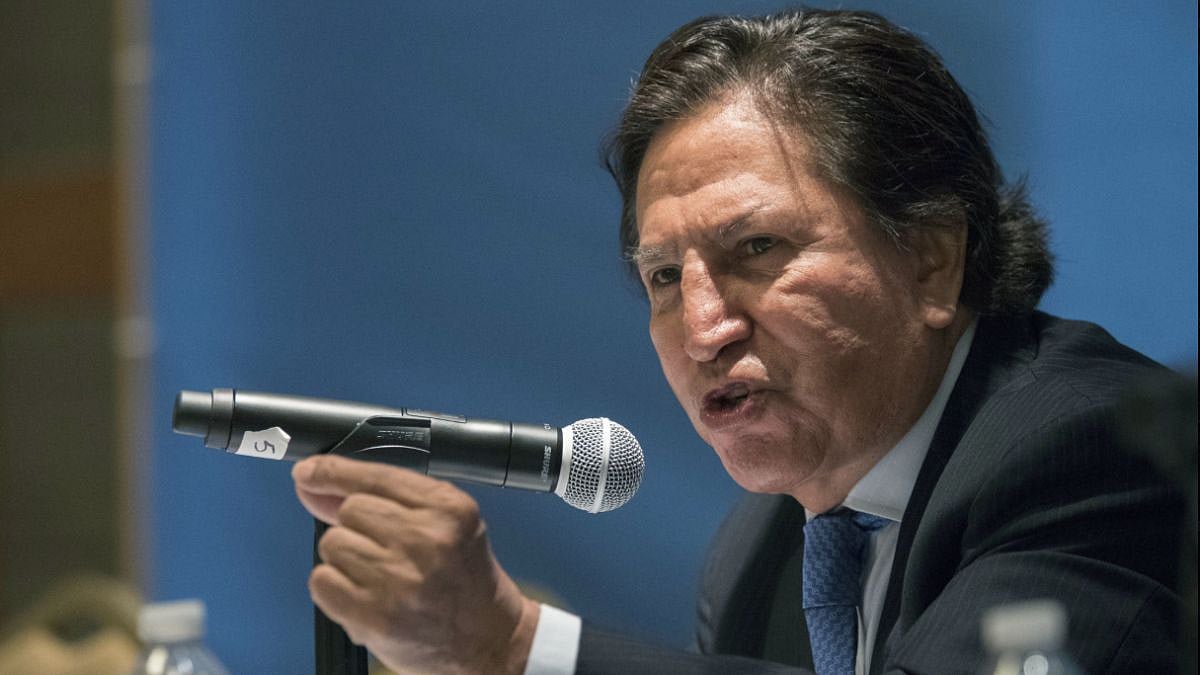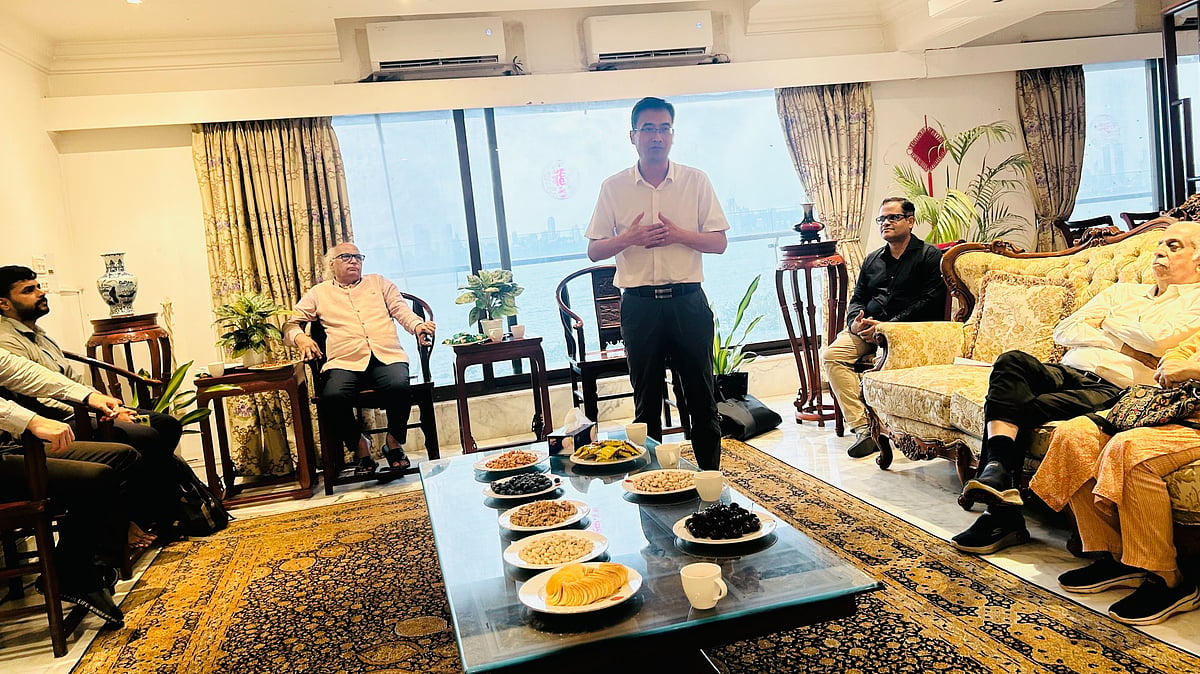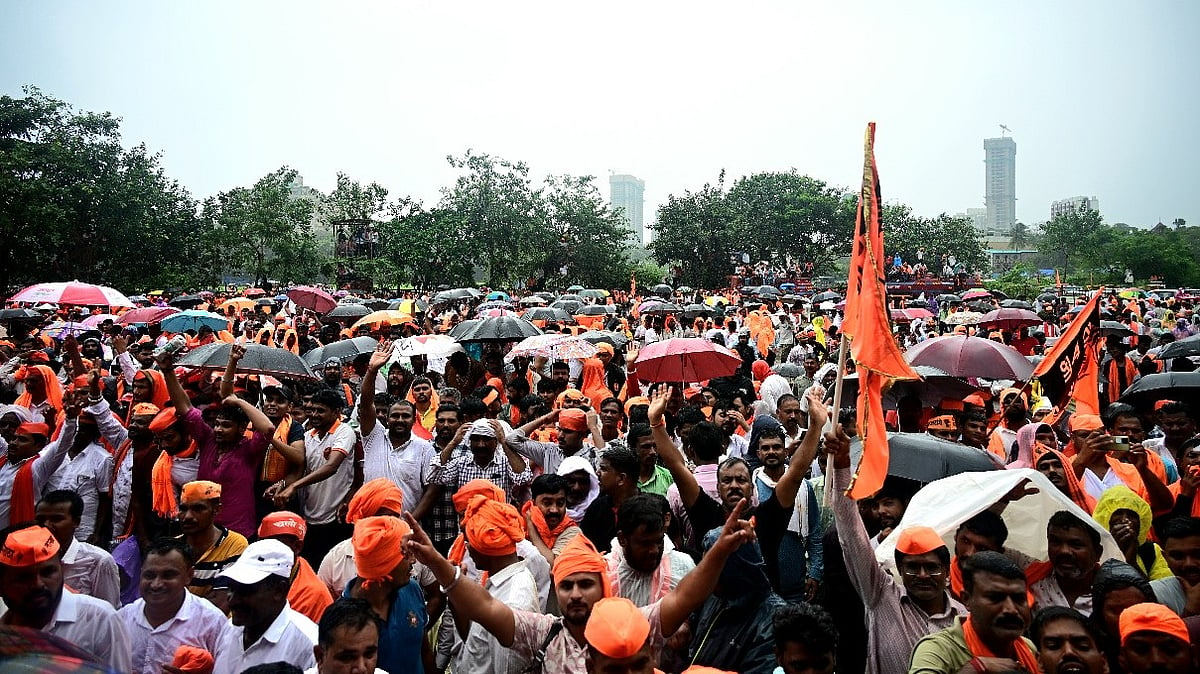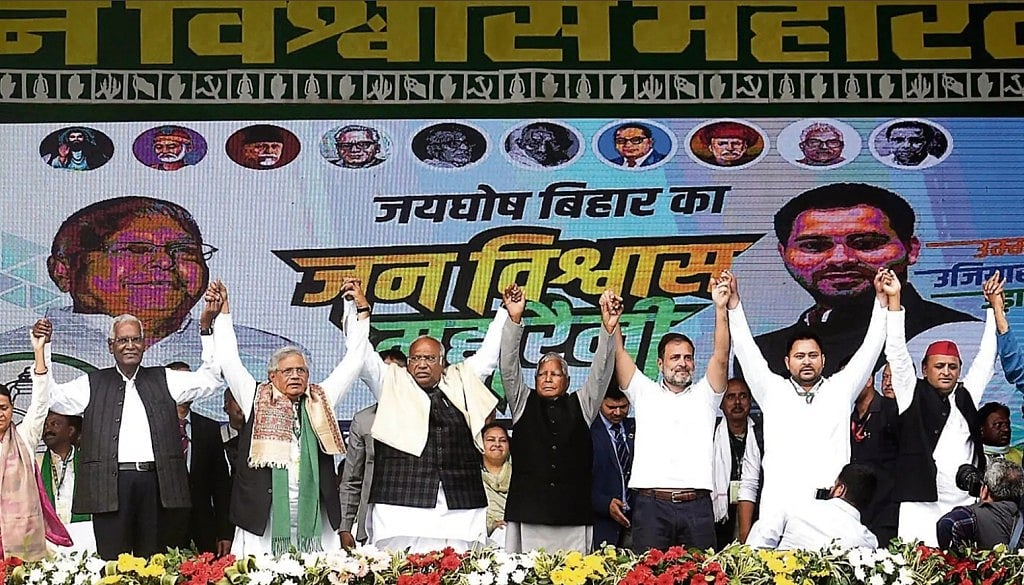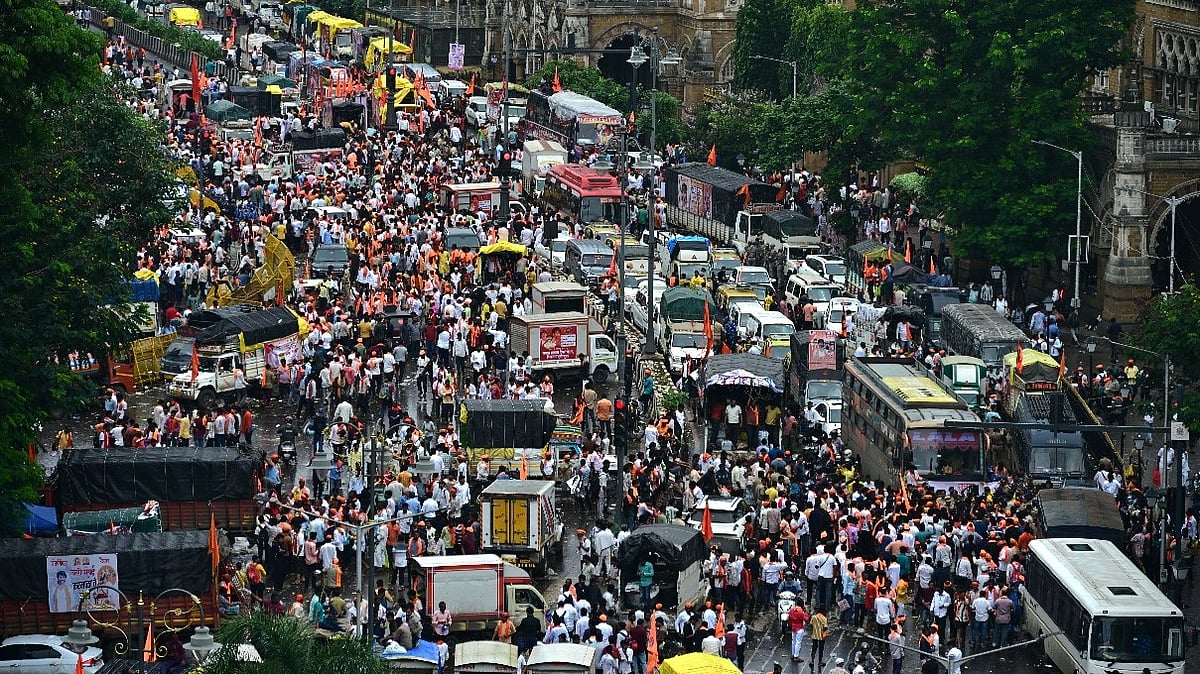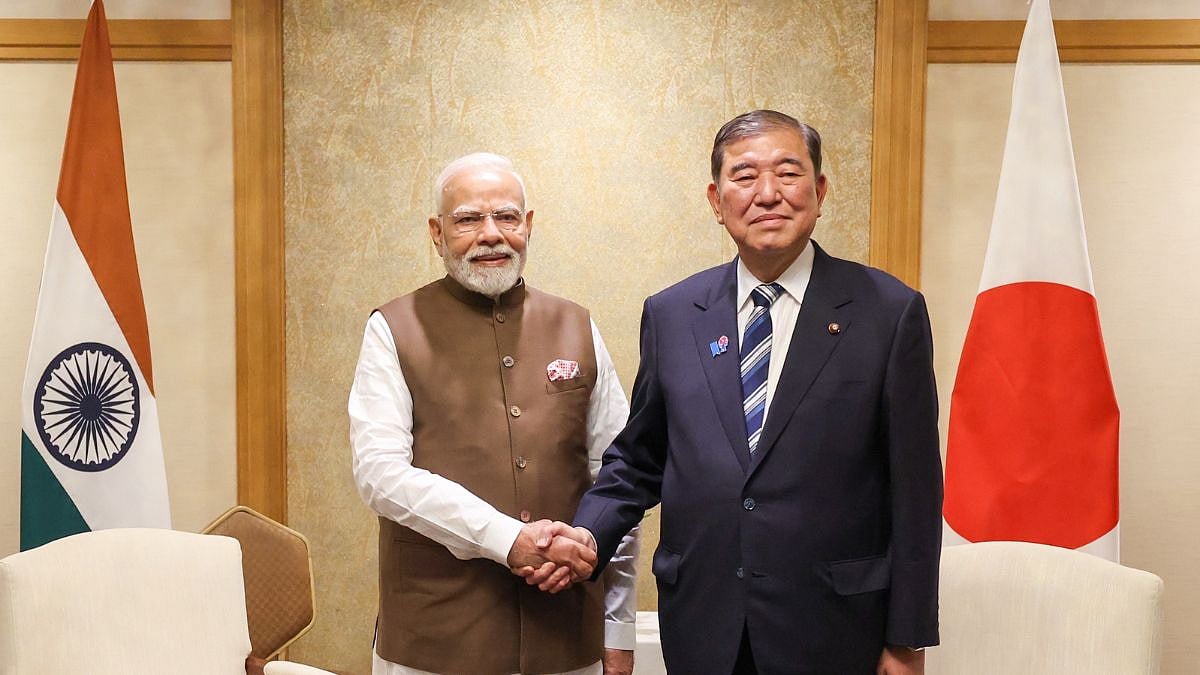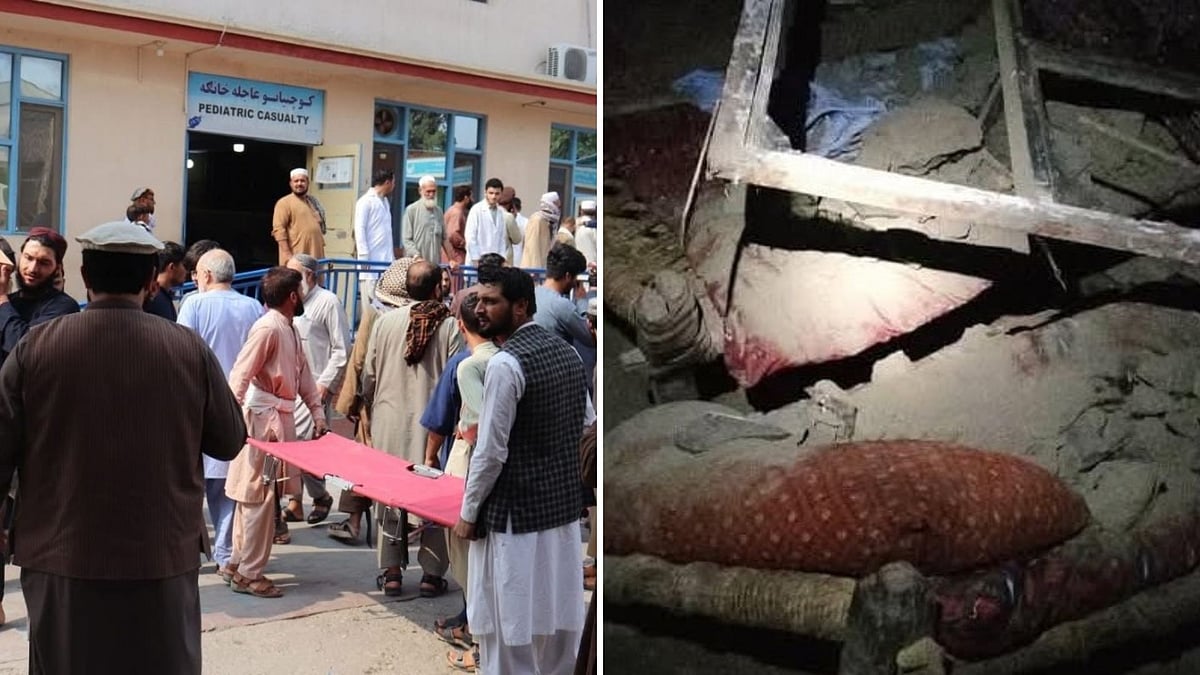The recent developments in both the Houses of Parliament and in the Central Hall, especially the role of the members and the Presiding Officers of the Houses, reminds one of the greatest Presiding Officer in Indian Parliament, who impressed parliamentarians outside India too.
That Presiding Officer was the first Speaker of the Lok Sabha, Ganesh Vasudev Mavalankar, who was the epitome of neutrality, judiciousness and follower of the highest parliamentary practices in the country; rather he laid the foundation for the Presiding Officers of all legislative bodies in the country. Unfortunately, several Presiding Officers of legislative bodies in the country have buried the teachings of Mavalankar, affectionately called Dadasaheb.
Chairpersons and Speakers of legislative bodies in India, including the Rajya Sabha and Lok Sabha, have time and again failed to exhibit neutrality, while conducting the proceedings of the House they preside over.
It is a fact that the Presiding Officers reach the position due to their political affiliations; the exception is that of an independent member of the House becoming the Speaker or Chairperson of the House and it would be difficult for a person with political affiliation to be absolutely neutral, but that is the test of a true democratic person.
Mavalankar did not ever forget or deny that he was a hardcore Congressman, but as the Presiding Officer of the various bodies, he was never partisan towards his party. On the non-partisan role he wrote, “Though a Congressman, it would be my duty and effort to deal with all Members and sections of the House with justice and equity, and it would be my duty to be impartial and remain above all considerations of party or of political career.” Unfortunately, that spirit is seen to be violated on several occasions in the Lok Sabha, the Rajya Sabha as well as in legislatures of several states.
The television coverage of the proceedings of Parliament, as well as functions on its premises, allow the public at large to witness these events closely. Recent instances have shown the Prime Minister ignoring the greetings of the Vice-President, who is also the Presiding Officer of the Rajya Sabha, or walking ahead of the Speaker of the Lok Sabha. In the Parliamentary democracy that we follow, the Speaker of the Lok Sabha and the Chairperson of the Rajya Sabha command more respect than the Prime Minister and in the interest of democratic norms that has to be observed.
Mavalankar had a warm equation with Prime Minister Jawaharlal Nehru, but both the men did not allow that equation to affect the functioning or the position of the institutions they headed. On one occasion, Mavalankar wanted to see Nehru and sent a word to check on his availability. Nehru got back to him stating that he being the Speaker of the Lok Sabha, he should not come to see the Prime Minister and that the Prime Minister should go to meet him; that is what Nehru did.
Dadasaheb Mavalankar was a stickler for rules and procedures and also ensured that his acts lay down appropriate conventions of Parliamentary democracy in the country. On one occasion, a slight clash was seen between Prime Minister Nehru and Speaker Mavalankar, when the latter firmly disallowed Nehru from making a second statement in the Lok Sabha, in contravention of the rules that existed then. Nehru bowed to the ruling.
During the reply to the Presidential address this year, Congress Member of Parliament Rahul Gandhi asked questions pertaining to business tycoon Gautam Adani and wanted Prime Minister Narendra Modi to reply to those questions, but that did not happen. Modi ignored the questions, the answers to which are of national importance. If Mavalankar or any person following the tradition laid down by him was in the Chair, the Prime Minister would not have been allowed to do so.
Once Mavalankar came to know that certain questions asked by an Opposition member were being delayed inordinately because they related to some suspicious deals of a Cabinet Minister; he made a public declaration of this and ensured that the member got the answers from the government, irrespective of how embarrassing it would have been for the government.
Mavalankar was particular about adherence to parliamentary norms. In one instance, the Rajya Sabha Chairperson issued a contempt notice — which later formed part of Breach of Privilege proceedings in the Lok Sabha — against N C Chatterjee, a member of the Lok Sabha, for allegedly using derogatory words against a member of the Rajya Sabha in a speech in Shimla. When the matter came up in the Lok Sabha, Nehru suggested that Chatterjee should apologise to the Chairperson and the matter should end there. Mavalankar did not accept that suggestion, stating that such an apology would amount to the Lok Sabha submitting itself to the Rajya Sabha, something he could not allow as the head of the Lok Sabha. Needless to say, Nehru accepted that ruling. The incident once again exhibited the strong personality of Mavalankar, who was not cowed even by the stature of the Prime Minister.
The writings, speeches and rulings of Mavalankar are available in the Parliament Library and Presiding Officers will be able to do justice to the offices they hold if they read that material and emulate Mavalankar, who was rightly described by Nehru as the Father of the Lok Sabha.
On the rights of the members, he wrote, “Every Member has the fullest liberty to express his own views, remembering that every other Member has the same liberty.”
One of the best messages he gave was, “The success of Parliamentary democracy depends not only on the impartiality of the Presiding Officer — the Speaker — but also on his courage and indifference to the favours and frowns of the executive government.”
(The author is a senior journalist and media trainer. He tweets at @a_mokashi)

